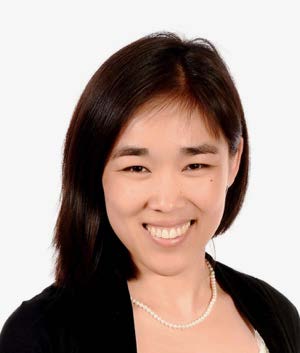Science in Residency Pathway
The Brigham has a long tradition of supporting the development of physician-scientists, and through the Science in Residency (SiR) pathway, we continue to keep that tradition alive.
Our goal is to provide an interface between the exemplary clinical care within the BWH Internal Medicine residency program and the incredibly rich basic and translational research environment that exists here at Brigham and Women’s Hospital.
Pathway Features
Mentoring
An integral component of the SiR pathway is a dedicated mentoring infrastructure headed by pathway director Dr. Rebecca Baron and that draws from the scientific community at large between Brigham and Women’s Hospital, Harvard Medical School, MIT, and other affiliated institutions.
Programming
The SiR pathway facilitates interest and engagement in science, within Brigham and Women’s Hospital and in the greater Boston community at large. The tentpole feature is the SiR research course (“bootcamp”), which runs during a 2-week July elective block shared by all juniors and seniors in the SiR pathway. The bootcamp features structured talks and seminars from leading physician-scientists across all disciplines, as well as field trips to meet with leadership at local institutions including Vertex Pharmaceutical, the Broad Institute and more. Other events include evening discussions, specialized noon conferences, and semi-annual dinners, culminating in the Resident Research Day symposium at the end of the year.
Research support
Through generous alumni and residency program support, SiR members engage in their own research activities during residency and also have the opportunity to participate in group research projects harnessing a robust translational research program that includes access to analysis of existing patient biospecimens, collection of novel patient cohort biospecimens, and educational opportunities in genetics, genomics, and big data analysis.
Frequently Asked Questions
There is no advanced application process that is needed for SiR, and there is no separate application apart from the categorical residency application for physician scientists. All matriculated interns are invited to apply for participation in the various different pathways in the Fall of their intern year. However, there are plenty of exciting opportunities to be involved in SiR events from week one of your Brigham residency, so just keep an eye on your email! For prospective students, if you have questions before, during, or after your BWH residency interview, please contact us.
The SiR group provides mentorship, community, and many fantastic events for physician-scientists. Our goal is to help residents who are passionate about science engage their interests during residency, and additionally help them further develop their career paths.
The SiR Bootcamp is targeted primarily to residents with a strong laboratory science background. It is designed to be an educational and immersive experience in basic science that comes right after your rigorous clinical intern year. It offers an exposure to a wide array of rigorous laboratory-based scientists from around the Boston community, and also provides structured career development advice for those who are thinking about clinical fellowship, post-doctoral research fellowship, and beyond. The SIR pathway hopes to foster a residency-wide community of scientists to help brainstorm ideas, practice presentations and provide career counseling to physician-scientists.
No problem! No requirement to focus on a subspecialty is required! Rebecca Baron is our head faculty member, and will work with you to determine the right mentorship. If you are deciding between more than one subspecialty, then it may be beneficial to have a mentor in each. If you decide not to subspecialize, we will find you a great mentor who fits your research interests.
Of course! The goal of this pathway is to facilitate mentorship and guidance for residents interested in careers as physician-scientists who seek primarily laboratory-based careers. If you short track, you will still benefit from the two-week research bootcamp course and all the conference series and networking opportunities during your time in residency.
The 2-week SiR bootcamp in July will substitute for one elective block in your junior and senior years. You will still be granted a second elective block in junior year that can be utilized as you see fit (clinical elective, research, etc). For senior year, you will still be given the same amount of additional elective time as all residents.
No formal research background is required. However, SiR is designed for residents who intend to pursue primarily laboratory-based research careers. Although the majority of people in the pathway have engaged in prior laboratory-based research, this is not a requirement. If you see yourself pursuing this mode of research or you seek to gain more exposure, we welcome your participation!
The SiR pathway is specifically geared towards the advice and mentorship of residents who intend to pursue primarily laboratory-based careers, and the career development and lecture series will be focused on the basic/translational sciences. While we welcome all residents, this would be less useful for those interested in research careers in the clinical, epidemiological, or educational realms. We are also closely aligned with the Clinical Investigator Pathway within the residency, which provides more of an emphasis on clinical-based research careers, and there are other pathways that allow residents to focus on other interests.
Events
The SiR program hosts various events throughout the year, from formal lectures and mentoring meetings, to informal dinners. A brief overview of these events is provided below.
Evening Discussions
This is a monthly to bi-monthly lecture series during which an invited physician-scientist gives a one-hour talk on a weekday evening. Typically, during the first half-hour he or she talks about their background, training, and career development, while the second half focuses on their research. These discussions vary throughout the year and sometimes include more specific topics, such as mentoring, funding, and writing grants, or SiR members giving chalk talks to each other about their research interests, or other topics of their choosing. As always, food is provided!
End of Year Symposium
In collaboration with the Internal Medicine Resident Research Day, SiR members present their work to the Department of Medicine in a yearly symposium each May.
Semi-Annual Dinners
Every year we have two residency sponsored dinners. They serve as a time to build community and foster discussion among SiR members.
Pathway leadership
Rebecca Baron, MD
Associate Program Director for Research and Scholarship
Director, Science in Residency Pathway
Daniel Marcusa MD
Chief Medical Resident
Current Residents
PGY-2
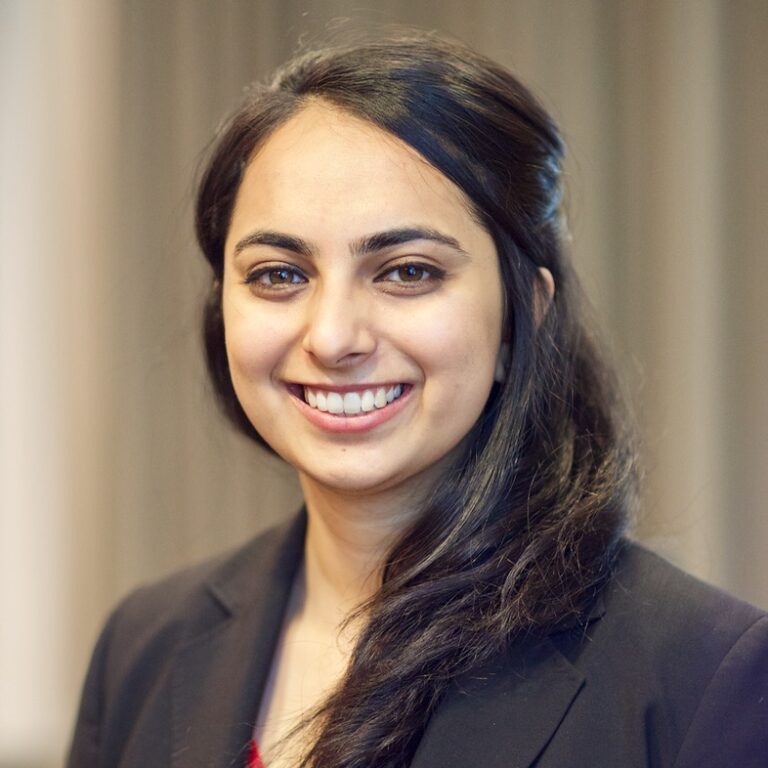
Radhika Agarwal, MD, PhD
Harvard Medical School
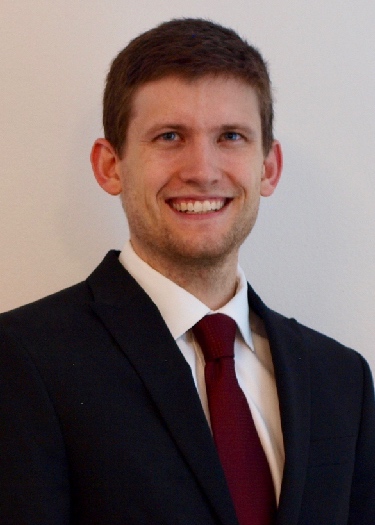
Winston Becker, MD, PhD, MS
Stanford University School of Medicine
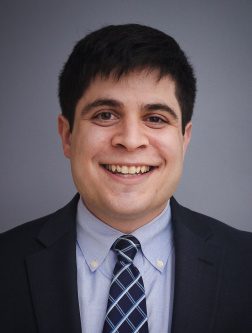
Robert Cerulli, MD PhD
Tufts University School of Medicine
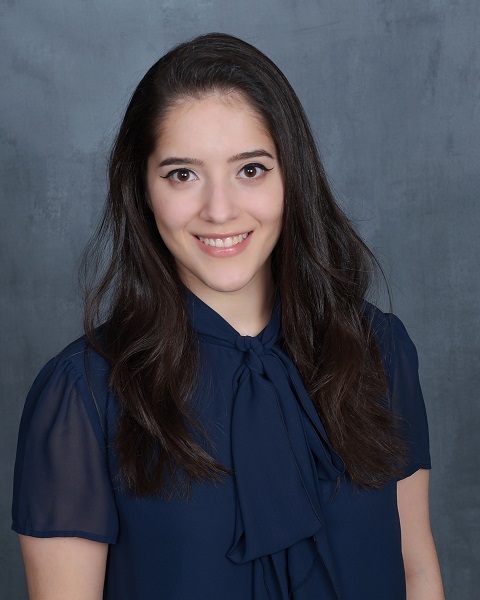
Sara Gomez Villegas, MD
Universidad de Antioquia Facultad de Medicina
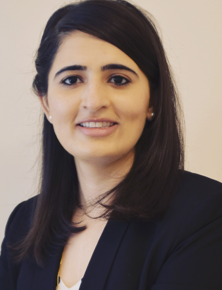
Yasmin Kamal, MD, PhD
Geisel School of Medicine at Dartmouth
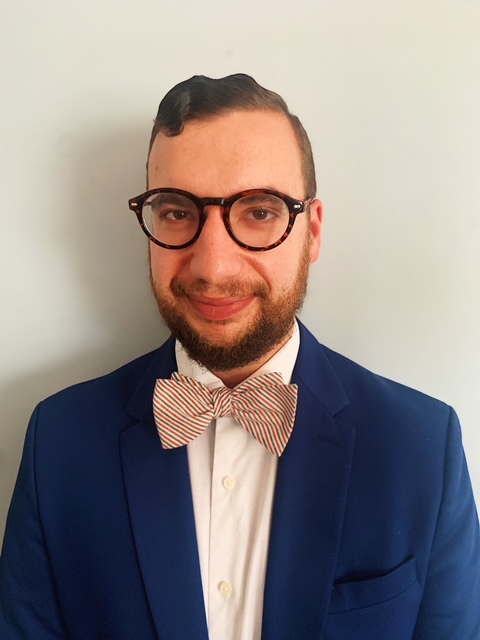
Sebastian Koochaki, MD, PhD
Harvard Medical School
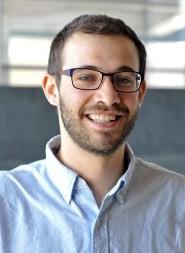
Dylan Kotliar, MD, PhD
Harvard Medical School
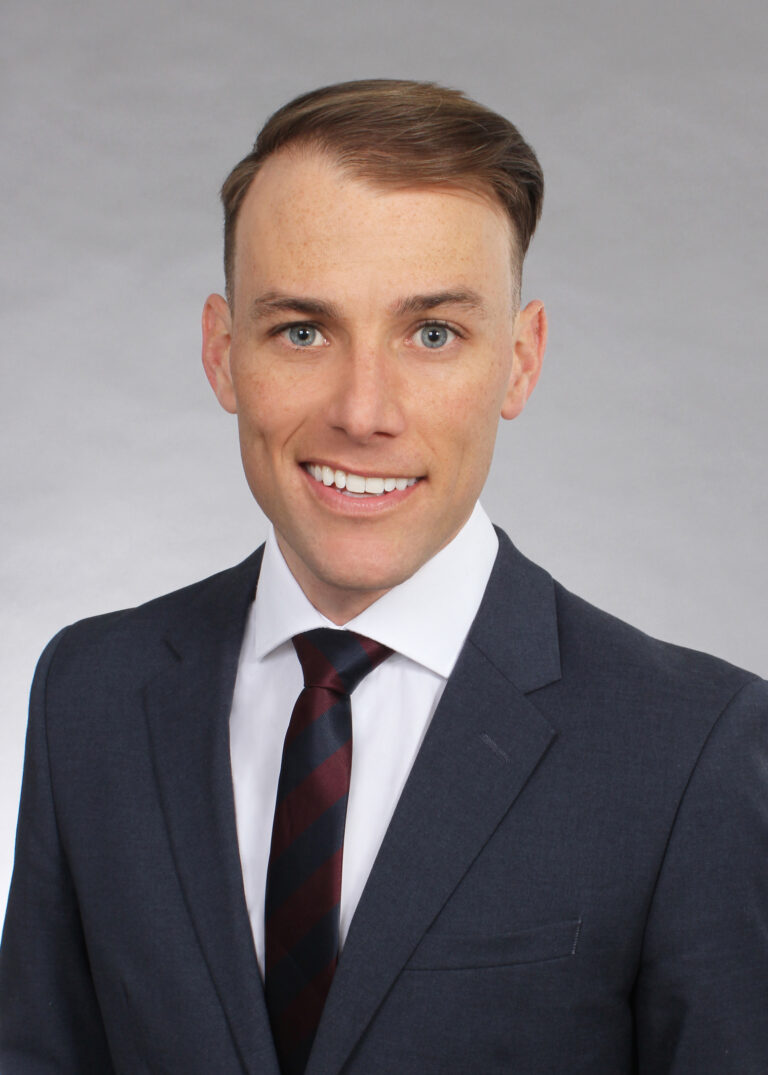
Mark Pepin, MD, PhD
University of Alabama School of Medicine
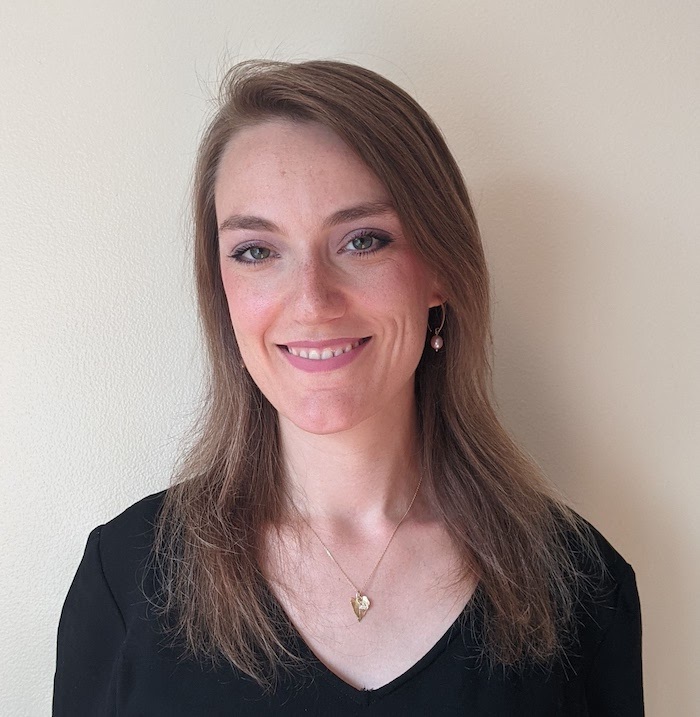
Clara Sailer, MD, PhD, MSc
Universität Basel Medizinische Fakultät
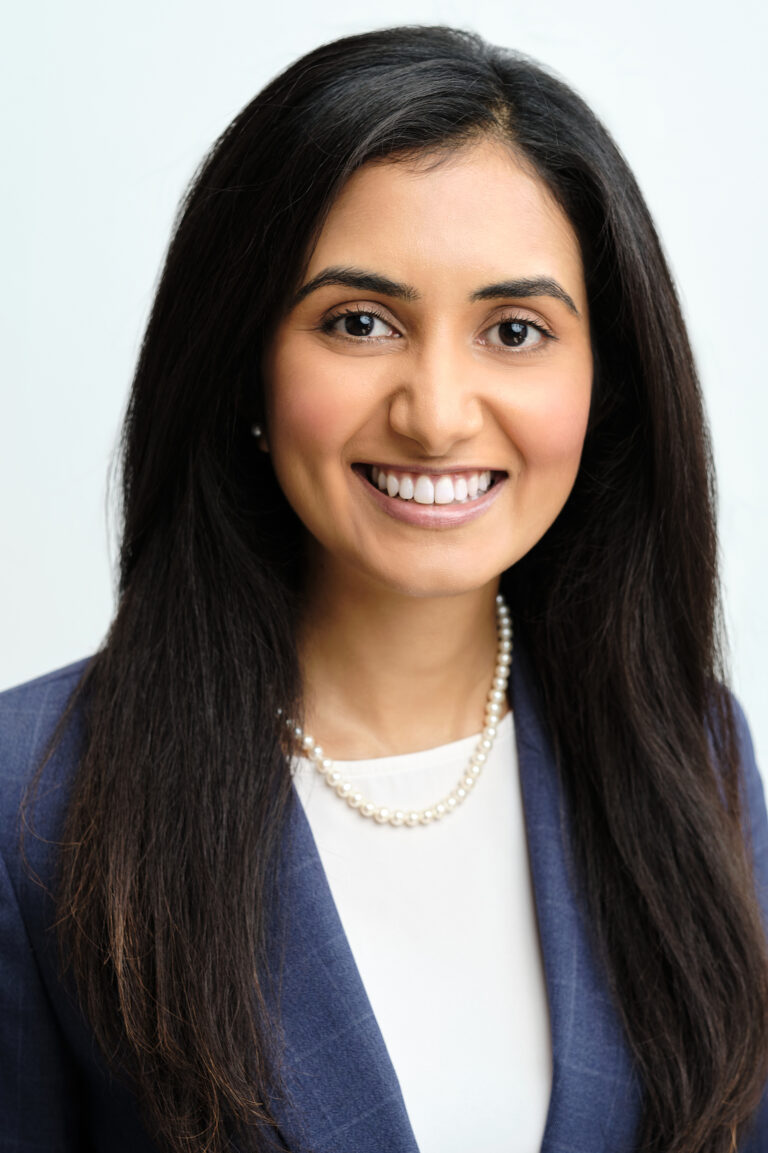
Sarah Shareef, MD, PhD
Harvard Medical School
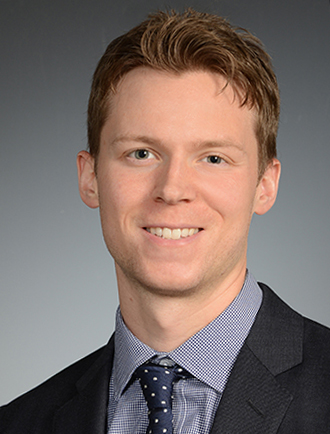
Samuel Taylor, MD, PhD
Weill Cornell Medicine
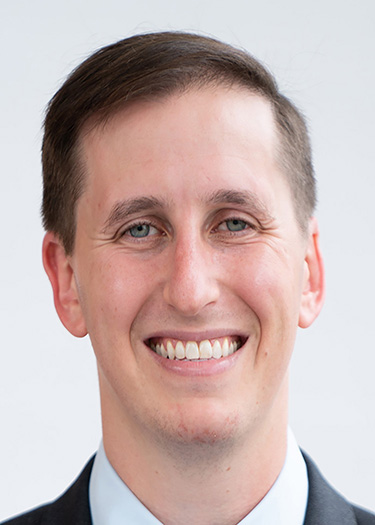
Joshua Weinreb, MD, PhD
Albert Einstein College of Medicine
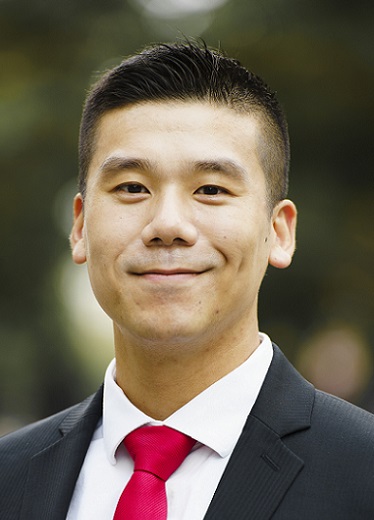
Nielson Weng, MD, PhD
Stanford University School of Medicine
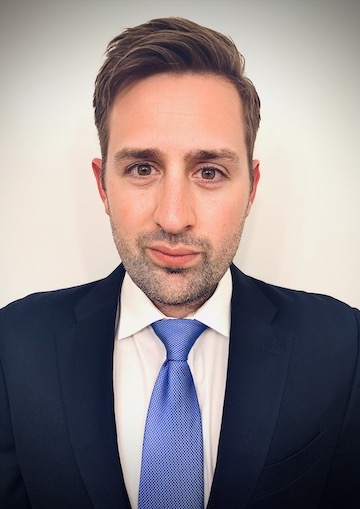
Justin Wheat, MD, PhD
Albert Einstein College of Medicine
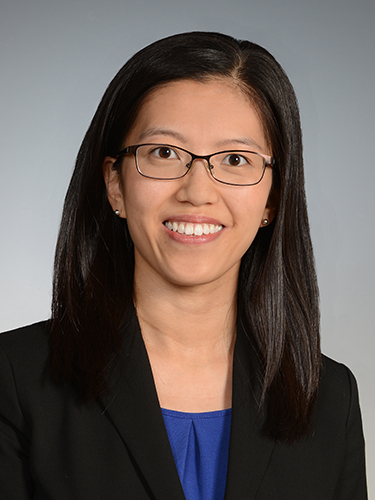
Jenny Xue, MD, PhD
Weill Cornell Medicine
PGY-3
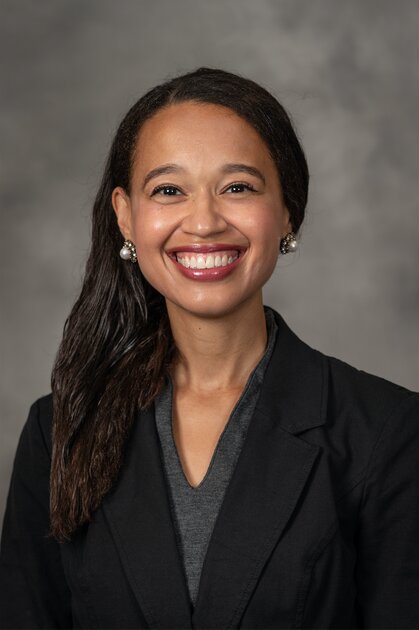
Evelyn Covés-Datson, MD, PhD
Harvard Medical School
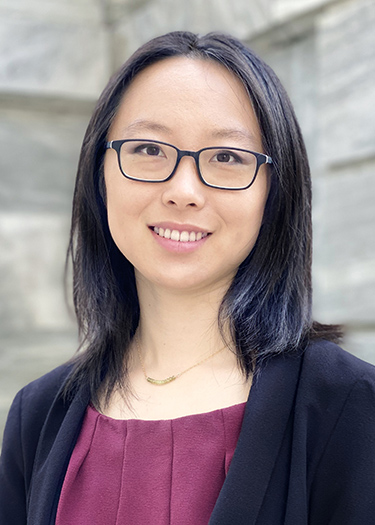
Jennifer Ge, MD, PhD
Harvard Medical School
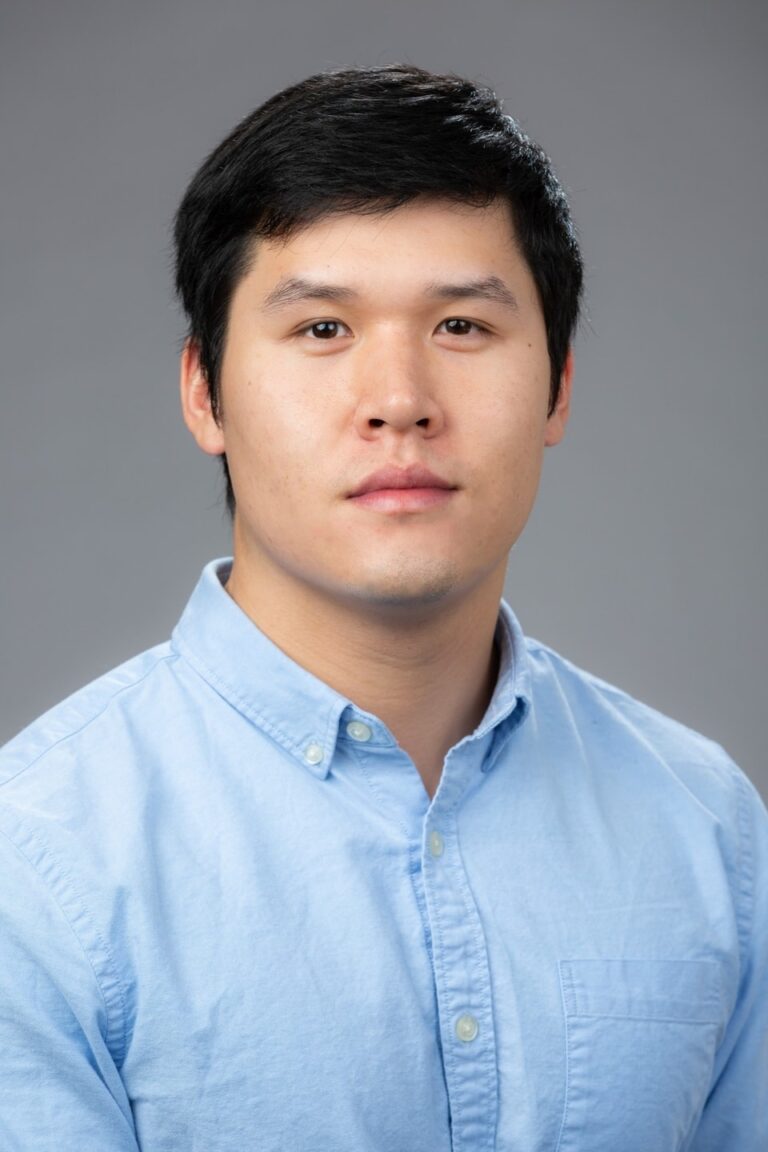
Kevin Lin, MD, PhD
Duke University School of Medicine
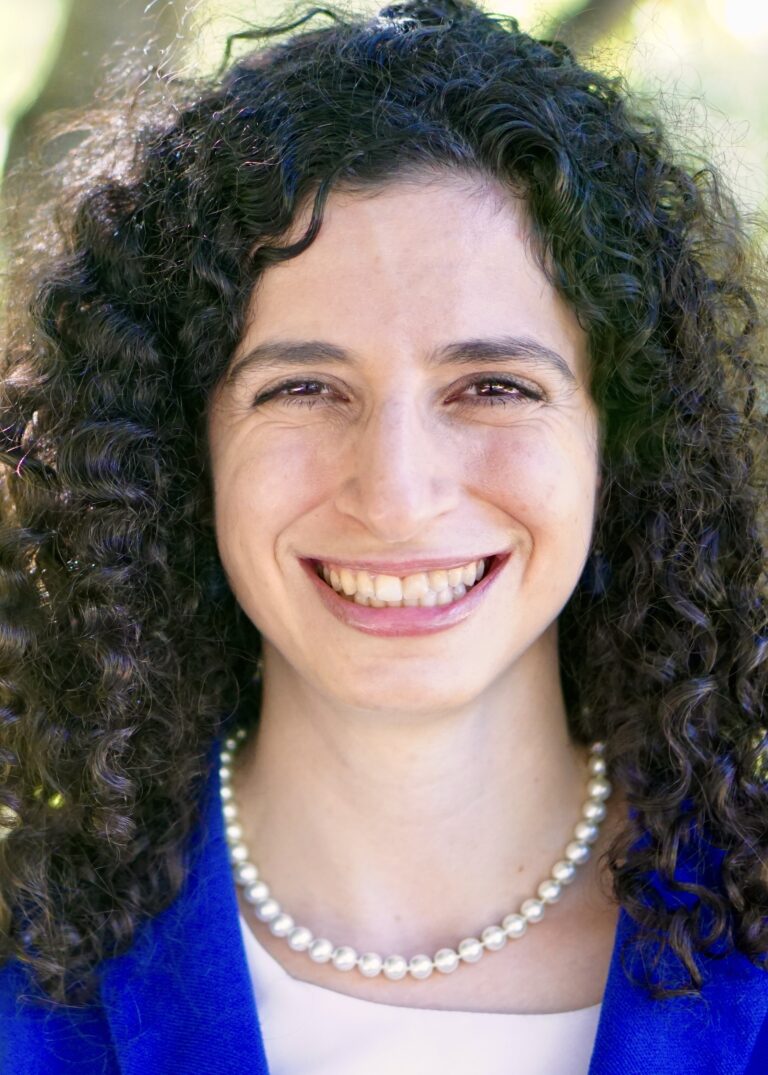
Abigail Schiff, MD, PhD
Harvard Medical School
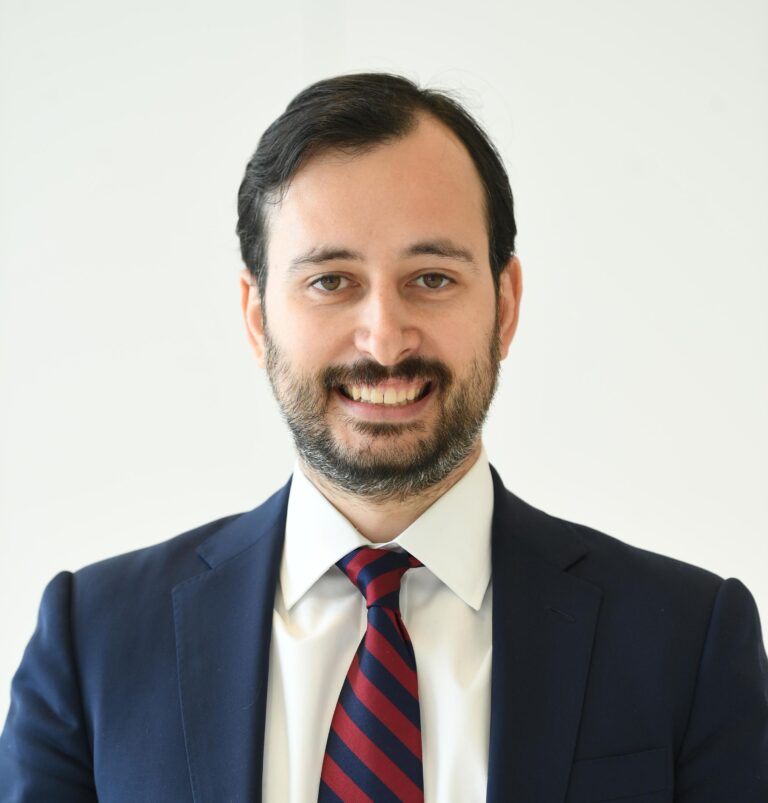
Alexander Sisti, MD, PhD
Columbia University Vagelos College of Physicians and Surgeons
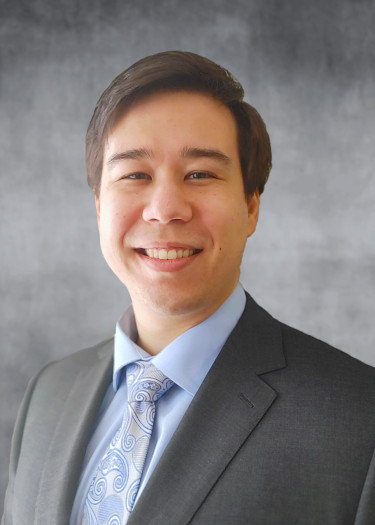
Christof Smith, MD, PhD
University of North Carolina at Chapel Hill School of Medicine
PGY-4
